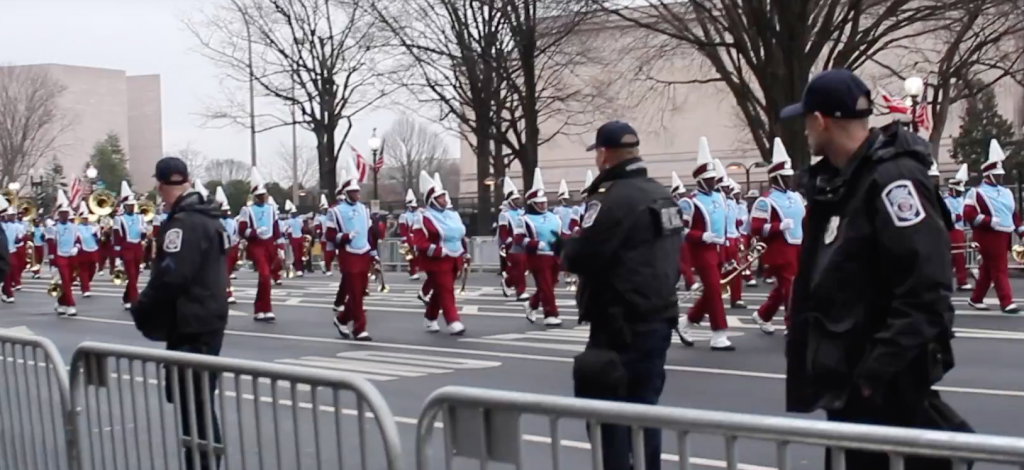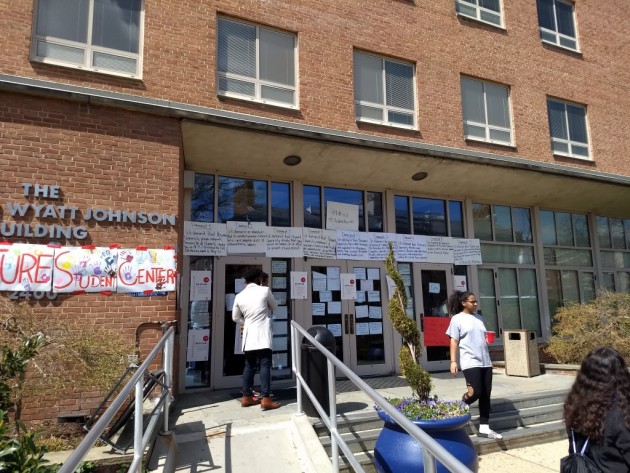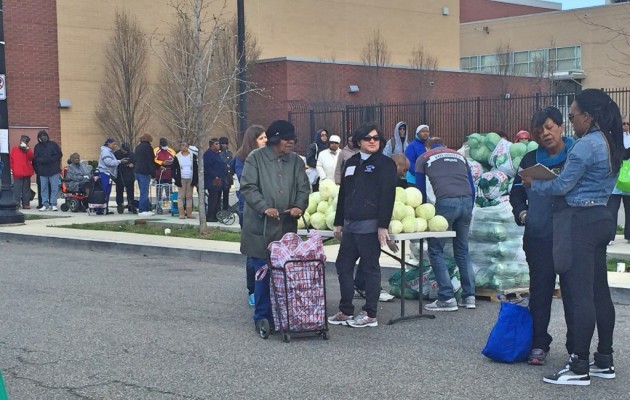Tap dancing legend, Fayard Nicholas, who danced through Jim Crow laws to star in Hollywood musicals during the1930s, died on Tuesday (Jan. 24).
According to the Washington Post, Nicholas died from complications of a stroke that he suffered from in November.Nicholas was the elder half of the self-taught Nicholas Brothers dance duo, Harold was the younger half and he died in July of 2000.
During the 1930s and 40s audiences could see the Brothers’ acrobatic dance moves in nightclubs, theaters and the movies. They would leap over each other, do back flips, and tap on one foot.
The Brothers’ career extended over six decades. During the 1930s and 40s they were in more than 30 Hollywood musicals even though Jim Crow Laws during the time kept them from having speaking roles. They worked in the Cotton Club with greats such as, Duke Ellington and Cab Calloway. Fayard and Harold went on to star in many theatre productions here and abroad including the Broadway show Ziegfeld Follies and Lew Leslie’s Blackbirds of 1936 in London.
According to the Los Angeles Times, Fred Astaire, another famous dancer, considered a dance sequence called “Jumpin Jive” performed by the Nicholas Brothers to be the greatest dance number ever filmed. The sequence was featured in the 1943 all-black musical Stormy Weather.
The Nicholas Brothers were a major influence for black dancers such as the late Greogory Hines, who told the Washington Post in 1991, when the brothers received Kennedy Center Honors, that "the things they did were beyond our scope and anyone’s scope since.”
According to the Washington Post, Fayard watched and studied famous dancers of his time and that is how he learned to dance. He received a Tony Award for his choreography in the Broadway show Black and Blue in1989. In 1994 the Brothers received a STAR on Hollywood’s Walk of Fame.
Fayard Antonio Nicholas was born October 20, 1914, in Mobile, Ala. The Nicholas Brothers’ father was a drummer and his mother was a pianist. Nicholas is survived by his third wife, Katherine Hopkins-Nicholas; his sister, Dorothy Nicholas Morrow; his sons, Tony and Paul; four grandchildren; and a great-granddaughter.



